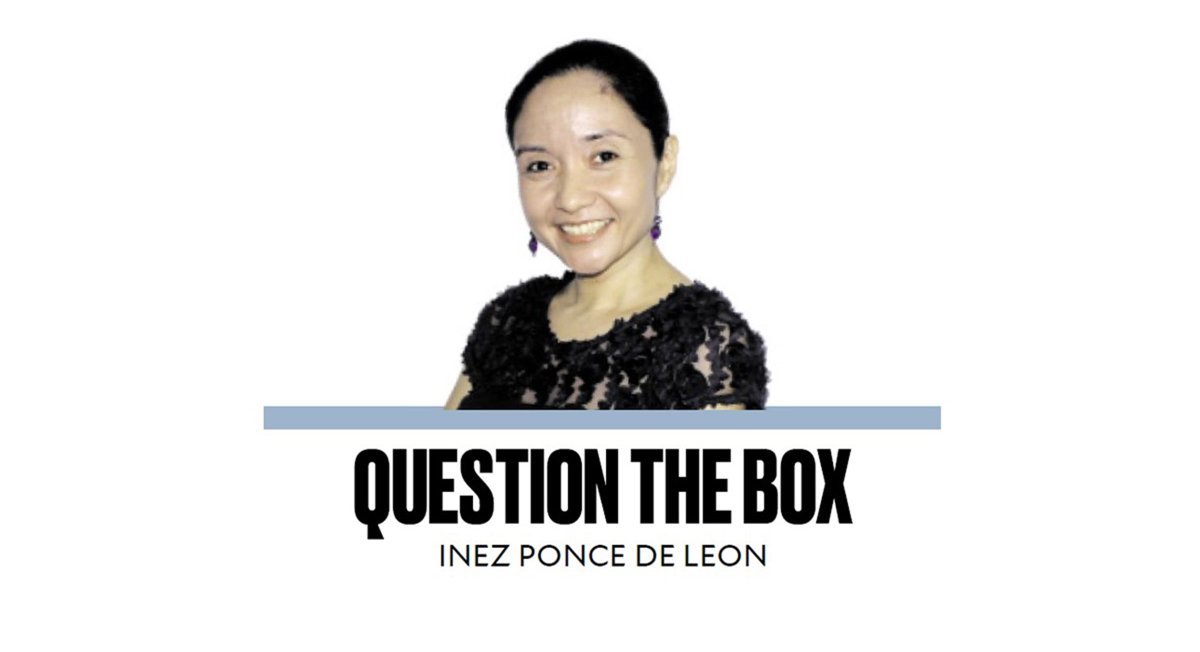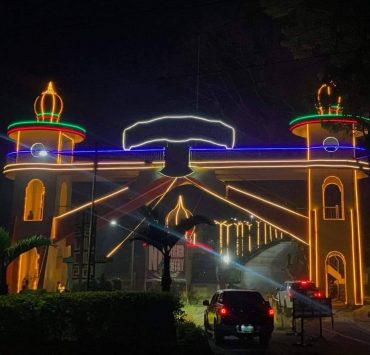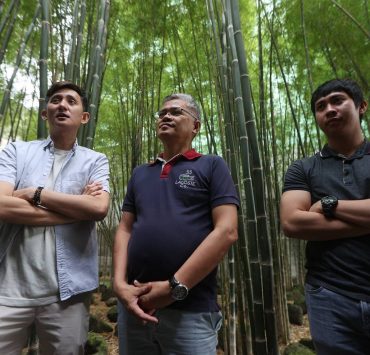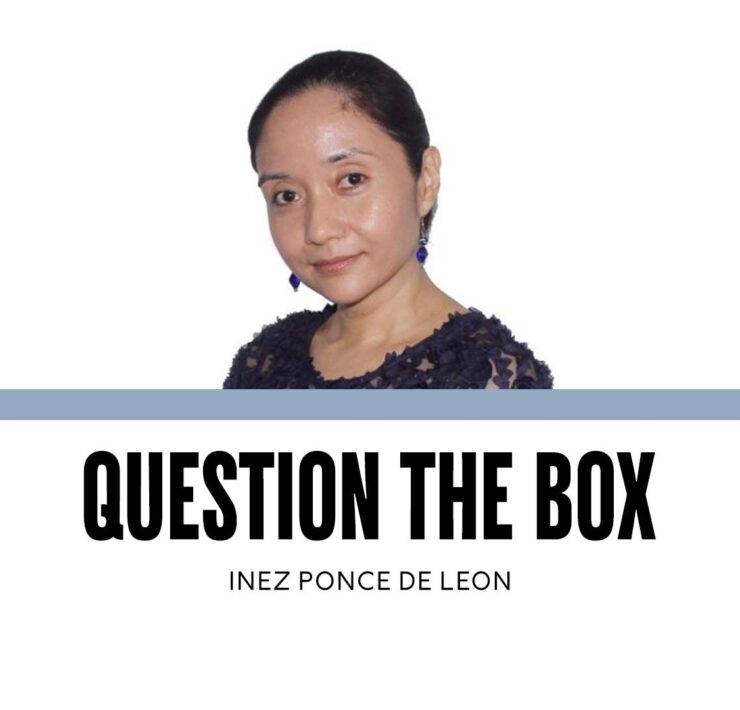Hidden voices, dismissed stories

A few weeks ago, I spoke with a colleague at the Ateneo, Dr. Maria Mercedes “Didith” Rodrigo, regarding a column I had written on exclusion in the sciences, and how scientists sometimes exclude social scientists from their scholarly world.
Rodrigo discussed another angle with me. There wasn’t just an exclusion of other fields of experience. More pertinent to the theme of women scientists, and Women’s Month, there was also exclusion among female scientists.She called them the “usual suspects”: come any tribute to women scientists, the same people were featured in the press, the same researchers who had already been featured over and over, for the same work, repeatedly, year after year.
This is a form of exclusion, in that it constantly draws attention to the same people, creating the illusion that there is only one kind of female scientist, and there are no new professionals to grow the field. This, too, creates the illusion that there is no new research, no other field in which the Filipino woman scientist contributes, simply because the same specific scientists are given the limelight over and over.This is not to fault the women scientists at all. Rodrigo and I agree that they are, indeed, experts and should be applauded. There should also be space, however, to showcase the work of burgeoning researchers, those who have long been in fields that have been given less attention, or even those who are recognized abroad as research leaders but are not accorded the same prestige locally.
Rodrigo should know: she is a leading researcher in computer science and the author of a series of 10 children’s books on Filipino women scientists.Her series, published locally by Bookmark, Inc., features the stories of inventor Evelyn Taboada, molecular pharmacologist Gisela Concepcion, mathematician Ninette de las Peñas, physicist Jinky Bornales, marine biologist Nida Calumpong, chemist Connie Ragasa, wildlife conservationist Nina Ingle, the late atmospheric scientist Gemma Narisma, Mindanao fauna conservationist Ging Nuñeza, and mangrove expert Jurgenne Primavera.
It’s a long list of not-very-well-known female scientists, but their stories speak to interesting, shared human experiences: of discovering a community’s needs, finding science in the mundane, journeying through mountains or caves or deep beneath the sea to get answers to pressing questions.
What a way to honor Filipino scientists, and to provide a stage to honor the voices of Filipino women! Who else can tell the story of the Philippines and its thousands of islands, its rich biodiversity, its centuries of colonial rule that have birthed rich cultures?
And what a stark contrast to what has been happening politically, where the elected powerful are doing the exact opposite.
Take the Apollo Quiboloy case, for instance: many women have already come forward with their stories of abuse. They did so with courage, knowing that they would be shunned by their families, threatened for speaking out, looked upon with disdain by a community that they once thought would love them. And yet, there is a bid to protect the alleged perpetrator.
Sen. Risa Hontiveros is right: to allow the so-called Son of God to get away with ignominy is to also “waste the courage” of the women witnesses.
What a dishonor to women everywhere, indeed, to go soft on someone who should be made to answer for the allegations, who should come forward, with zero conditions, as required by law. What a greater dishonor when one reads the gist of why some senators withdrew their signatures to hold Quiboloy in contempt: because he was supposedly kind, and generous, to their families (during the elections, one would presume).
This sounds exactly like: We can’t bite the hand that fed us.
Or: Money trumps principles and law. The powerful are more important than the hurt and abused. My family and its interests and its granted wishes necessitated that someone else sacrifice their life, well-being, and dignity; but I got the winning end of the bargain, so let’s show some compassion.
The life of a woman has been this way for centuries: making excuses for men’s bad behavior, making sacrifices and then being castigated for them, receiving blame for other people’s weaknesses, being told to shut up and be quiet when wronged by someone showing goodness elsewhere.This Women’s Month, we celebrate what it is to be a woman—not what it is to be crucified as one who has a voice. The withdrawal of signatures tells us that personal feelings are more important than women’s rights. The refusal to confront a person for their wrongdoing, regardless of their generosity, is an injustice—especially when the law should take a firm stance on behalf of those who have suffered.The law, public attention, memory—none of these should be monopolized by those who are famous, idolized, or already known. There, too, are those who labor in the shadows; their stories deserve the light, or we shall keep believing that we have lived only in darkness.


















